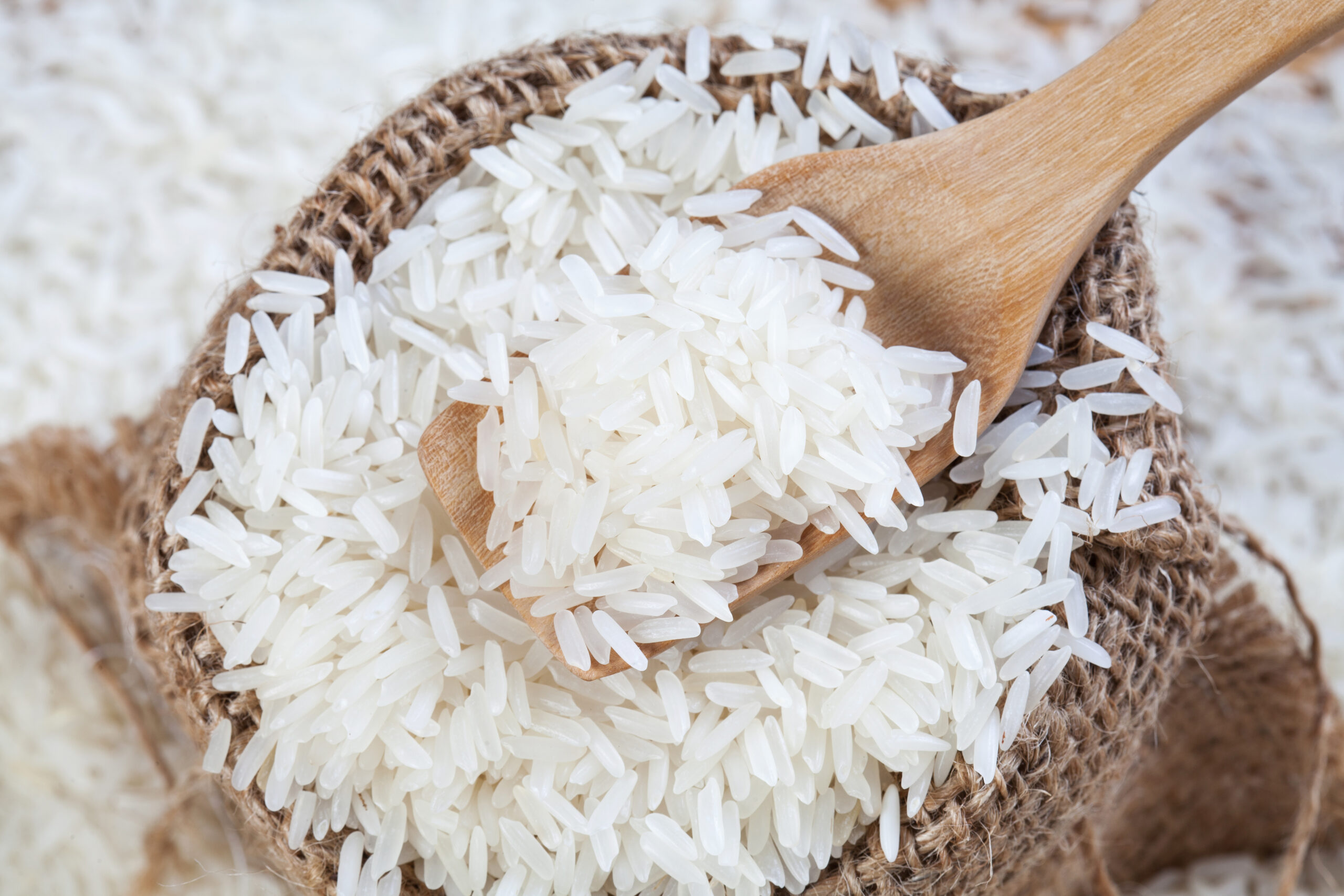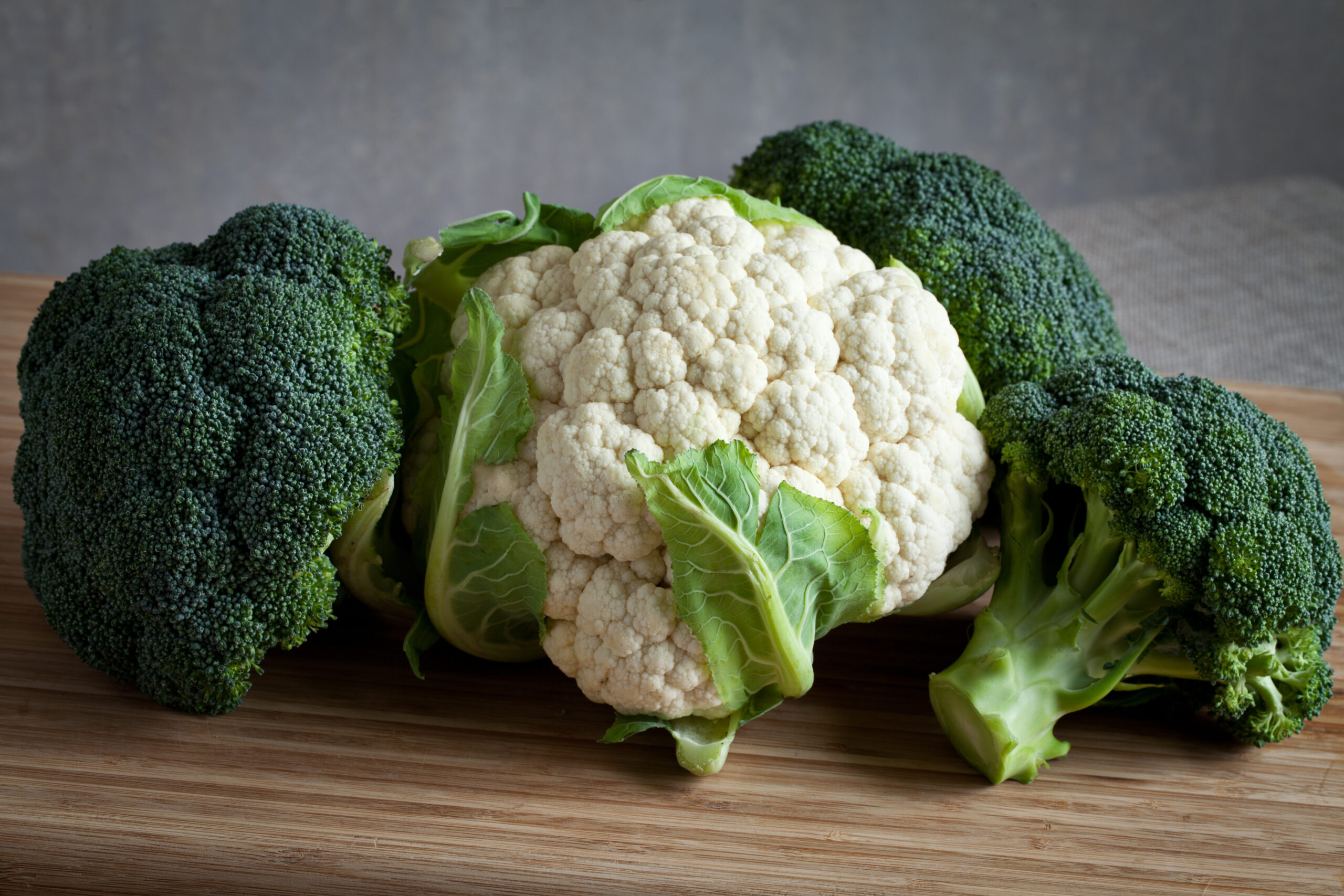Carotenoids in your diet might just be the key to reversing visible signs of aging, a new study suggests.
Story Highlights
- Systematic review shows carotenoids help reduce skin aging through multiple mechanisms.
- Recent studies confirm benefits of carotenoids with dietary interventions like baby carrots.
- Potential long-term impact includes reduced skin aging rates and broader health benefits.
- No standardized guidelines for carotenoid intake exist, highlighting a need for further research.
Carotenoids: A Natural Defense Against Skin Aging
Carotenoids, the antioxidant pigments found in colorful fruits and vegetables, have been identified as a potential weapon against skin aging. A systematic review published in *Nutrients* synthesizes findings from 176 studies, highlighting carotenoids’ role in reducing skin aging through antioxidant, photoprotective, and anti-inflammatory effects. These pigments help protect the skin by enhancing collagen production and reducing damage from environmental stressors, such as UV radiation. This growing body of evidence suggests that increasing dietary carotenoid intake could benefit skin health significantly.
Colorful foods from nature contain a spectrum of phytonutrients, such as flavonoids, carotenoids, and polyphenols, that contribute to various physiological functions, from supporting heart and brain health to gut balance and cellular resilience. This visual highlights how… pic.twitter.com/qJMRLv2U1X
— Barbara Oneill (@BarbaraOneillAU) July 6, 2025
Recent studies further support the role of carotenoids in skin health. Research conducted between 2024 and 2025 demonstrates that dietary interventions, such as incorporating baby carrots into daily snacks, can significantly increase skin carotenoid levels. Higher skin carotenoid scores have been linked to a reduced likelihood of metabolic syndrome and improved overall skin health. This evidence is bolstered by NHANES data, which shows a correlation between higher carotenoid intake and reduced biological aging, offering promising implications for dietary recommendations.
Broader Implications and Industry Impact
The implications of these findings extend beyond individual health benefits. In the short term, increased public awareness about carotenoids’ benefits is likely to shift dietary habits toward consuming more colorful produce, thereby expanding the market for carotenoid-rich products. In the long term, these dietary shifts could lead to a reduction in skin aging rates and a decrease in skin-related disorders. The nutraceutical and skincare industries are poised for growth as they respond to consumer interest in products that incorporate these powerful antioxidants.
Despite the promising findings, there are no standardized guidelines for carotenoid intake. Researchers emphasize the importance of bioavailability, noting that consuming carotenoids with unsaturated fats and through light cooking can enhance their absorption. The potential synergistic effects of combining dietary and topical carotenoids suggest that an integrated approach may offer optimal skin protection. However, further research is needed to establish recommended intake levels and understand the full range of carotenoids’ health benefits.
Conclusion and Future Directions
The growing body of research on carotenoids underscores their potential as a natural solution to combat skin aging and enhance overall health. As evidence continues to mount, the demand for carotenoid-rich foods and products is expected to rise, influencing both consumer habits and industry trends. While more research is needed to develop standardized guidelines, the current findings highlight the value of incorporating colorful fruits and vegetables into one’s diet for both skin health and broader wellness benefits.
The role of carotenoids in skin health represents a promising area of study, with significant implications for both individual and public health. As research continues to evolve, it is clear that these powerful pigments offer a simple yet effective strategy for supporting healthy aging and enhancing skin vitality.
Sources:
Balić et al., Antioxidants, 2019
Pharmacy Times, 2024
Kimura et al., Nature, 2024
NutraIngredients, Nutrition Journal, 2025













